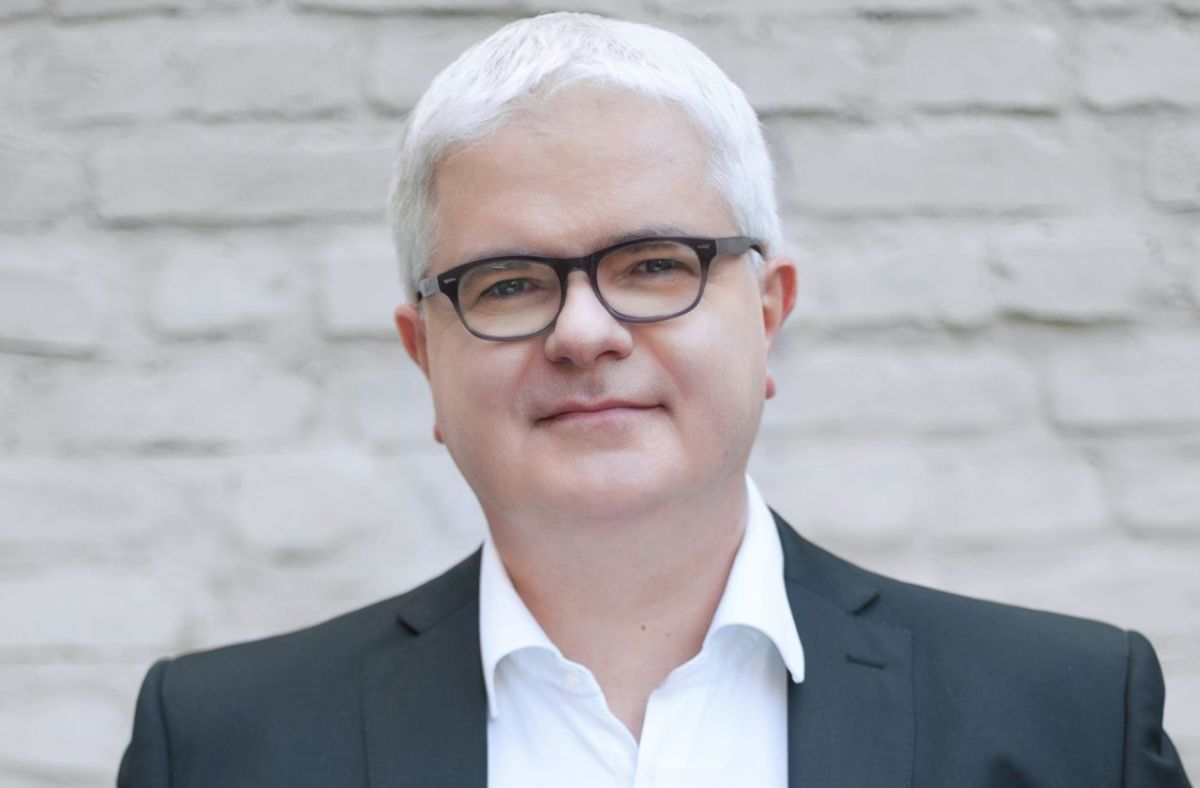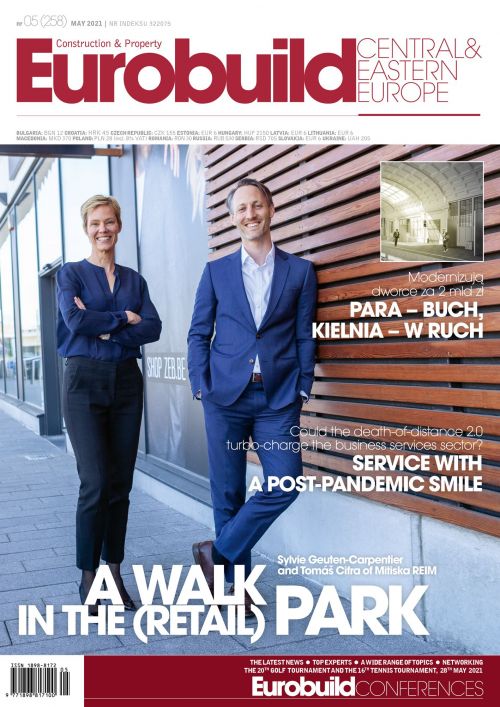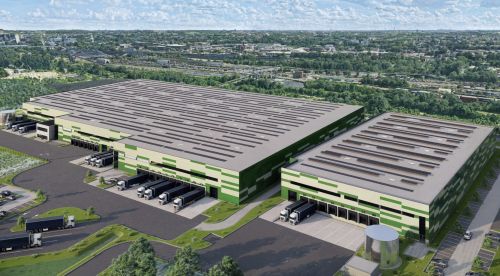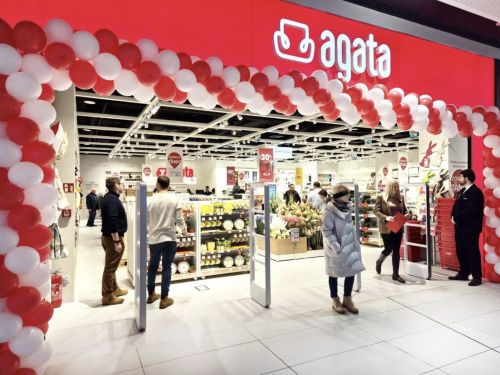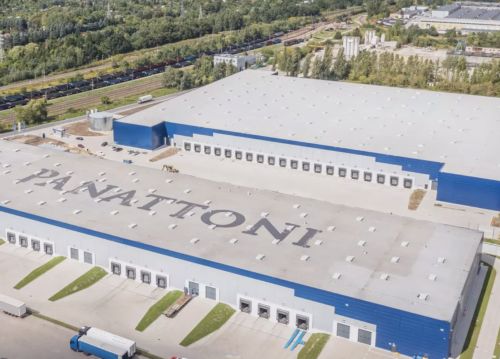The management system for this curious establishment comprised an elderly gentleman, a chewed pencil and a notebook. The pencil would be used to scribble down on some graph paper the time that each car arrived, while the computer system of the man’s brain would calculate the precise fee for the services rendered. (“Cash only and exact change please.”) The system was simple, using reliable wetware and reassuringly human. Of course, during peak business hours, you would have to queue to check your vehicle out, but as a result you could meet new people and strike up new friendships (I heard that one time someone in the queue took advantage of the wait to go down on bended knee and propose marriage.)
Unfortunately, that particular business, which used to operate outside Warsaw’s Dworzec Zachodni [West Station], has now gone, replaced by the newfangled, space-age technology of the 21st century. Now we’ve got chips, sensors, card readers, meters and electronic
